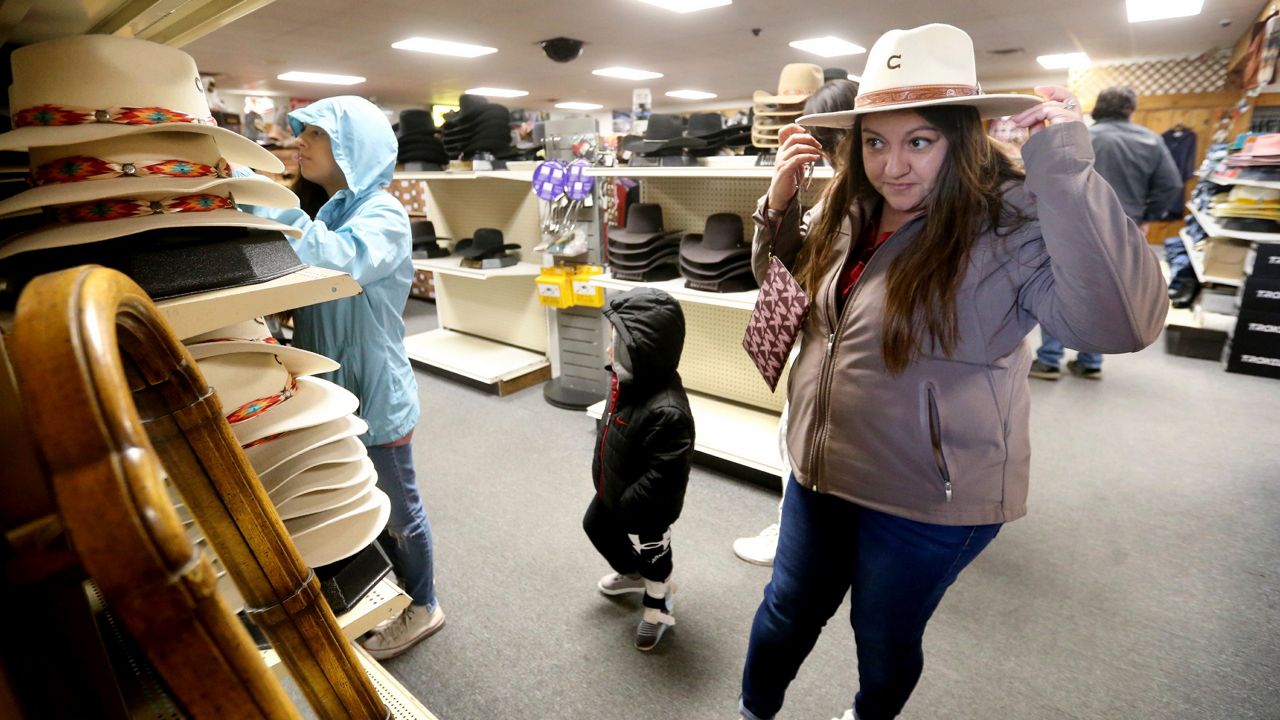Americans cut back on spending in December, the second consecutive month they've done so, underscoring how inflation and the rising cost of using credit cards slowed consumer activity over the crucial holiday shopping season.
What You Need To Know
- Americans cut back on spending in December, the second consecutive month they've done so, underscoring how inflation and the rising cost of using credit cards slowed consumer activity over the crucial holiday shopping season
- Retail sales fell 1.1% in December, following a revised 1% drop in November, the Commerce Department reported Wednesday
- In October, retail sales ticked up 1.3%, helped by early holiday shopping. In October, retail sales ticked up 1.3%, helped by early holiday shopping
Retail sales fell 1.1% in December, following a revised 1% drop in November, the Commerce Department reported Wednesday. In October, retail sales ticked up 1.3%, helped by early holiday shopping.
Auto sales declined as rising interest rates for auto loans crimped demand. That, and falling gas prices, helped to pull overall retail sales lower.
The Fed raised its key interest rate in December for the seventh time in 2022 for exactly that reason as it tries to cool spending and inflation.
Yet even excluding sales auto and gasoline sales, retail sales slipped 0.7%. Retail sales are not adjusted for inflation unlike many other government reports.
Sales fell 1.1% at electronics and appliance stores; furniture and home furnishing stores saw a 2.5% drop. And department stores suffered a 6.6% decline.
Spending has remained resilient despite a spike in inflation that began almost 19 months ago, but the capacity of Americans to continue that spending has ebbed.



